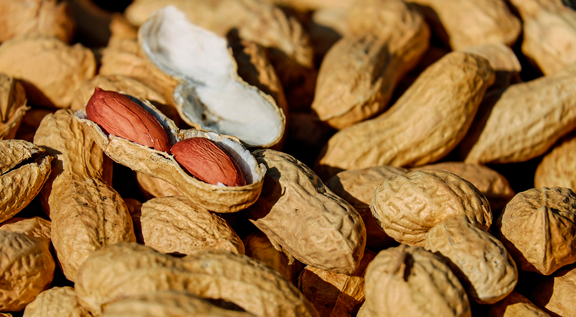
Image: Pixabay
In São Paulo, the largest producer of the crop, peanuts are known for their tolerance to several species of pests, helping to reduce the number of these infestations in planted areas. Its cultivation is mainly carried out in rotation with sugar cane and pastures. Its planting in these sugarcane renewal areas provides the main crop with, among other benefits, a low incidence of weed infestation, in addition to leaving nutrients in the soil, helping to reduce the costs of establishing sugarcane fields.
In the case of planting in rotation with sugarcane, it is important that the peanut cultivars have a cycle compatible with the duration of the sugarcane rotation period. The main peanut cultivation centers in the state of São Paulo are the regions of Alta Mogiana (Ribeirão Preto, Dumont, Jaboticabal and Sertãozinho) and Alta Paulista (Tupã and Marília). Around 80% of the harvest is destined for exports (mostly to European countries) and the remainder is consumed domestically by the sweets industry.
By: Eliza Maliszewski | agrolink












